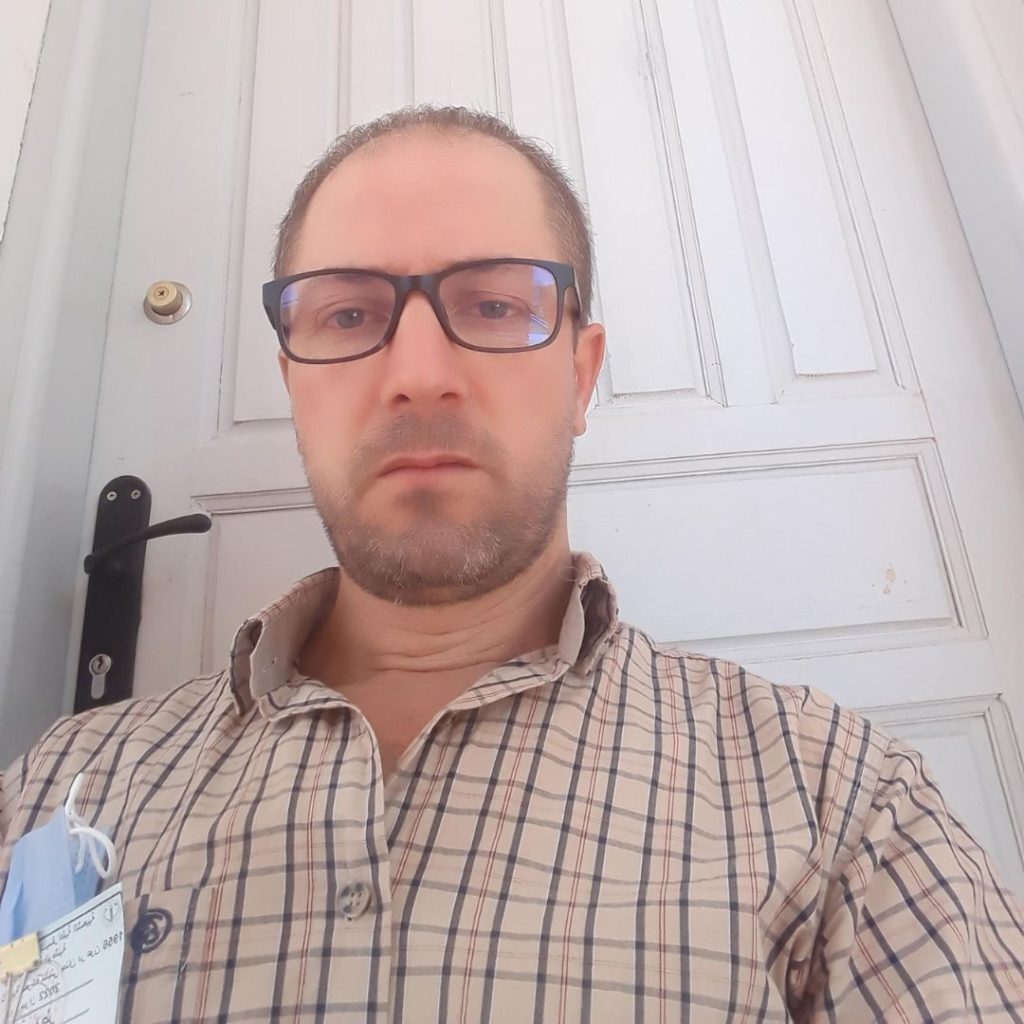Describe your life prior to diagnosis:
My childhood was difficult. I was always nervous and had stomach pain, diarrhea and bloating. These things made me avoid spending long periods of time with my peers.
How did you come to know (or suspect) that you have celiac disease?
My journey started when my body became covered with painful blisters that hurt all the time. I then saw one doctor after another.
If you were diagnosed, who made the diagnosis?
A dermatologist and an internal doctor.
How long did it take for you to get diagnosed since your first symptoms and what (if any) challenges did you face along the way?
As I have mentioned earlier, I had a difficult childhood. I went to a boarding school and none of the food seemed to suit me; after each meal I needed to go vomit. It was so frustrating and no one knew what my problem was.
After developing dermatitis herpetiformis, most doctors thought it was psoriasis. Then one doctor asked me if I was having any other symptoms, and after that they ordered the necessary blood tests, which proved it was dermatitis herpetiformis and celiac disease.
Do you believe anything could have sped up your diagnosis? If so, please explain:
Maybe if I lived in a city or visited more specialists in my childhood my celiac disease symptoms (fatigue, weakness in my body, diarrhea, bloating, etc.) would have been recognized more clearly.
Describe your experience with living with celiac disease:
Going gluten-free has changed my life. It reduced the brain fog I had in my mind and my digestion has improved.
The worst part is the scarcity of gluten-free options in my country.* Most of our food is wheat-based, so I need to prepare and bring my own food wherever I go. This makes it hard for me—it limits my freedom to take journeys or take long holidays like I used to do. Most people here think it’s strange to not eat whatever you want. In my country, celiac disease and dermatitis herpetiformis are not covered by social security as chronic diseases, so most of my salary goes to food and medicine.
*Derradji lives in Algeria
Is there anything else you’d like to add to your story?
Our health is very important, so we have to keep a good diet. Thank you for allowing me to express myself here, as I feel a little bit isolated in my society.



